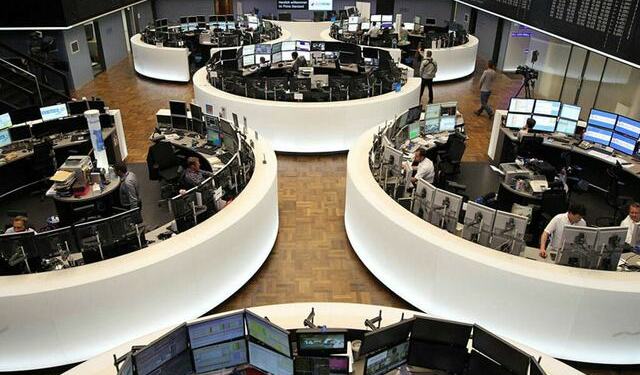STOCKHOLM (Reuters) – Iceland is considering pegging its crown to a major currency, most likely the euro, its finance minister said on Saturday, amid concerns the small North Atlantic nation’s economy risks overheating.
Nearly a decade after a crash that brought down its banking system, Iceland has bounced back as increasing numbers of tourists flock to its geysers and drink in the trendy bars of the capital Reykjavik.
But worries about overheating have increased. Economic growth was 7.2 percent last year while the crown gained around 15 percent against the dollar. The currency, though volatile, is little changed since then.
Among options being considered by a committee tasked with evaluating monetary policy is a currency peg, a finance ministry spokesman said.
Finance Minister Benedikt Johannesson said three currencies might be considered for that – the dollar, pound and euro. However, the euro was “the only realistic option”, he told Reuters via e-mail.
Despite the sky-high growth rate, Icelandic inflation has remained subdued, held in check by the strong currency and tight monetary policy.
Iceland lifted the last of its capital curbs in March, ending more than eight years of controls on businesses and citizens put in place after the banking collapse.
The government also plans to hike taxes on the booming tourism sector while cutting general value-added taxes, aiming to bring down inflation and possibly pave the way for an easing of monetary policy.
(Reporting by Ragnhildur Sigurdardottir in Reykjavik, writing by Helena Soderpalm; editing by John Stonestreet)




























